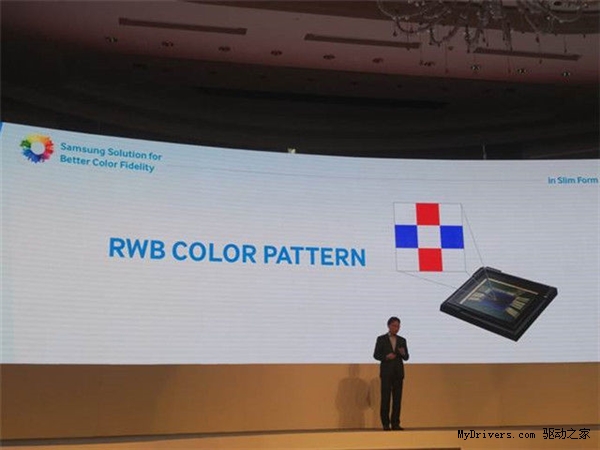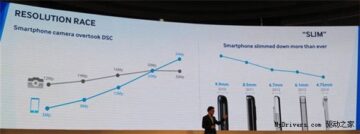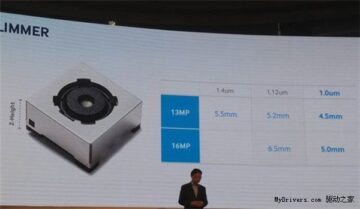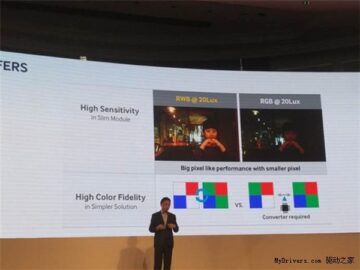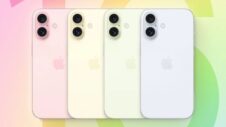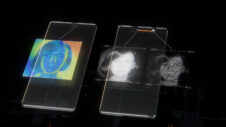Samsung has just announced that it is currently working on newer batteries that have higher energy densities and camera sensors that are thinner than the current ones in order to maker smartphones and tablets even thinner. The South Korean electronics giant has announced that these new technologies will be used in smartphones that will be released in 2017, so there's still some time for that.
Currently, Samsung is working on batteries that have energy density of 700Wh/l (Watt-hours per litre), but they expect this number to increase to 750Wh/l by the end of 2016, and to 780Wh/l by 2017. This means that batteries with the same capacity will be thinner than their current dimension, or you can expect increased battery capacity if the company sticks to the current dimensions. Not only this, the company is also working on increasing the battery voltage 4.40 volts in the coming months, and 4.5 volts by 2017. Samsung has also mentioned that it is working on improving its fast charging technology. It is expecting to make charging technology can charge 80 percent of the battery within 30 minutes. All this means that you can expect better battery life in smartphones by 2017.
Samsung also revealed that it is developing RWB camera sensors for mobile devices. RWB stands for ‘Red White Blue', which will supposedly provide “better color fidelity” for photos. Additionally, Samsung's upcoming smartphone camera sensors will come with a smaller pixel size – from 1.12 microns to 1 micron – for its upcoming camera sensors. This will result in a 23 percent thickness decrease – from 6.5 mm to 5 mm for a 16-megapixel sensor and from 5.2 mm to 4.5 mm for a 13-megapixel sensor – resulting in thinner camera sensors with a similar megapixel rating. However, it is believed that bigger pixel size results in better image quality, but it is also possible that the company will use something like pixel binning that Nokia and Sony currently use in their high-end smartphone cameras for better per pixel quality.
With keeping these advancements in mind, you can definitely expect smartphones to last longer on a single charge, and captured better images and videos than current smartphones.

